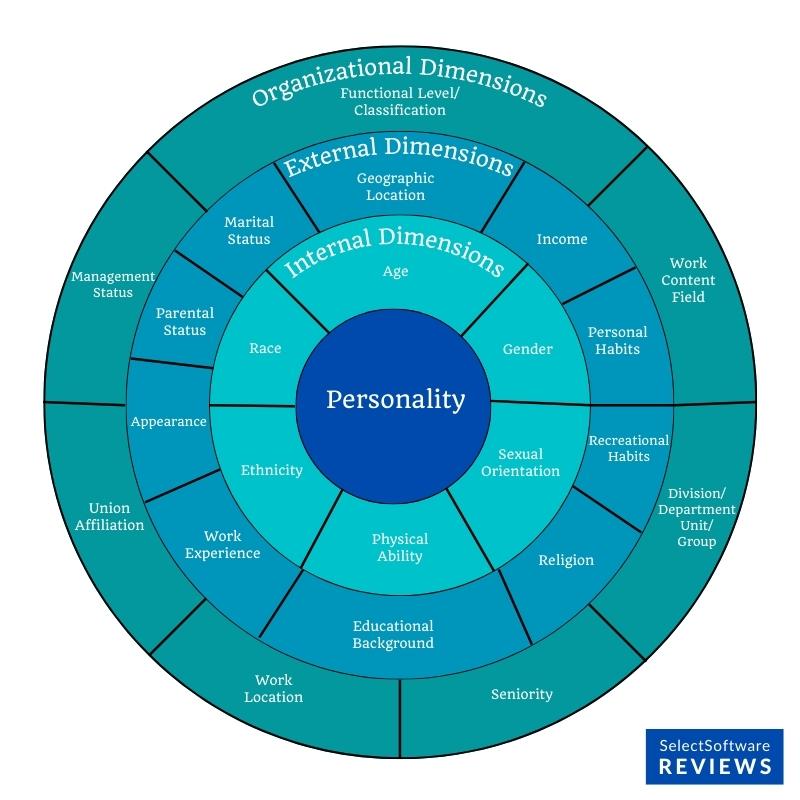
**Volunteering and the Elixir of Youth: Recent Research Connects Moderate Volunteer Engagement to Diminished Biological Aging**
An increasingly substantial collection of scientific findings demonstrates that the advantages of volunteering reach well beyond emotional satisfaction or enhanced community wellness. A pioneering study from the Brown School at Washington University in St. Louis indicates that even small amounts of volunteering are associated with a deceleration in biological aging, initiating wider public health conversations about community involvement as a component of a healthy lifestyle.
The research, titled “Does volunteering reduce epigenetic age acceleration among retired and working older adults? Results from the Health and Retirement Study,” will appear in an upcoming edition of *Social Science & Medicine.* The study, conducted by researchers Cal Halvorsen of Washington University in collaboration with Seoyoun Kim, Claire Potter, and Jessica Faul, correlates the practice of volunteering with decreases in epigenetic age acceleration, a metric of biological aging that illustrates how environmental variables can affect gene activity over time.
### **The Research Behind Slower Aging**
Epigenetic age acceleration describes a condition where an individual’s biological age surpasses their chronological age. This phenomenon is frequently influenced by lifestyle choices such as diet, physical activity, stress levels, and overall health. Biological aging can serve as an indicator for various age-linked conditions, including heart disease, cognitive decline, and even mortality.
Utilizing data from the national Health and Retirement Study, the researchers discovered that volunteering a modest amount—between 50 to 199 hours annually, or approximately one to four hours weekly—was associated with a reduction in biological aging. This effect was notably stronger among retirees.
Halvorsen, the study’s co-author, suggests that these results are likely related to the social, mental, and physical perks of volunteering. “It’s likely that volunteering offered a source of social interaction and physical activity that those who were still employed were already benefiting from,” he clarified.
### **Why Retirees Gain the Most**
A key insight from the study revealed that moderate volunteering was particularly advantageous for retirees compared to individuals who were still employed. Retirees engaged in volunteering exhibited noticeably slower epigenetic age acceleration than their peers who did not volunteer.
The researchers propose that volunteering could help counterbalance the loss of engagement and purpose that many retirees encounter post-employment. “Overall, we observed that volunteering more than 200 hours a year—more than about four hours per week—was related to the most significant decrease in age acceleration,” Halvorsen emphasized, highlighting the importance of ongoing participation.
Even lesser degrees of volunteering—fewer than 50 hours per year—appeared to provide benefits for retirees, potentially because the activity reintroduced some of the interpersonal and physical engagement they may have lacked after retirement.
### **The Health Consequences Are Extensive**
In addition to its main conclusions, the study’s strength arises from its meticulous consideration of other health elements that might influence biological aging. The researchers factored in variables such as frequency of physical activity, smoking habits, binge drinking, obesity, and even mental wellness (including symptoms of depression). This careful approach ensured that the detected benefits of volunteering were not merely coincidental outcomes of generally healthier lifestyles.
These considerations bolster the argument for the unique role that volunteering plays in promoting healthy aging, independent of other lifestyle aspects.
### **Does Increased Volunteering Equal Greater Benefits?**
Interestingly, the findings indicated that the advantages of volunteering rise with increased time commitment. Individuals who volunteered over 200 hours a year—slightly more than four hours weekly—experienced the most pronounced reductions in biological aging, regardless of their employment status. The researchers compared this heightened level of engagement to a “dose” of social, physical, and psychological enrichment.
Nevertheless, the authors were careful to assert that even smaller levels of volunteering yield significant benefits, particularly for retirees. A moderation-first approach is frequently more feasible for those initiating their volunteer endeavors.
### **What Makes Volunteering So Impactful?**
The association between volunteering and reduced aging can be attributed to several essential components:
1. **Social Connections:** Volunteering nurtures social interactions, vital for mental health and stress reduction—key factors influencing slower aging. A strong sense of community can also mitigate feelings of loneliness or isolation, which are linked to accelerated biological aging.
2. **Physical Activity:** Numerous volunteering tasks entail physical movement, such as assisting at community events or supporting nonprofit organizations. Even moderate physical activity has been shown to enhance overall health and postpone the physical impacts of aging.
3. **Purpose and Meaning:** Studies consistently indicate that individuals with a sense of purpose or meaning in life are likely to enjoy longer, healthier lives. Volunteering presents an avenue for engaging in meaningful work, fostering a sense of achievement and personal satisfaction.
4. **Mental Stimulation:** Engaging opportunities to acquire new skills or connect with diverse groups during volunteer activities